How does politics affect economic outcomes? This question has been asked probably as long as people have been interested in economics itself. From Adam Smith’s Wealth of Nations in 1776 or perhaps the Physiocrats Ž even earlier until at least John Stuart Mill’s . Principles of Political Economy in 1848, what we now call ‘‘economics’’ was in fact generally referred to as ‘‘political economy.’’1 This terminology in large part reflected the belief that economics was not really separable from politics. This was more than an administrative classification of disciplines; it arose from the widespread view that political factors are crucial in determining economic outcomes. Hence, as a discipline economics historically viewed political forces not only as influencing economic outcomes, but often as a determining influence. With the division of economics and political science into distinct disciplines, economists abstracted from political and institutional factors.
The desire for methodological progress and for a more rigorous basis for economic analysis were important motivations in this separation. The development of neoclassical economics stressed optimization by consumers and firms subject to well-defined constraints and a market environment, deliberately downplaying more amorphous political factors.
Those determinants of economic outcomes easily formalized in this choice-theoretic framework were stressed in the development of neoclassical economics; those not easily formalized were seen as largely the province of other disciplines. Interest in the question of how politics affects economic outcomes may thus appear new to someone trained solely in modern neoclassical economics; in fact, it is not.
One may want to keep the history of this interest in mind in assessing phrases such as ‘‘explosion of interest’’ or ‘‘recent flood of work’’ applied to current research in political economy. Nonetheless, looking at what has been happening in the past few years, such phrases are quite accurate. Of late, there really has been an explosion in the number of papers looking at the effect of politics on economic outcomes. Leading journals are filled with articles on the ‘‘political economy of’’ one economic phenomenon or another; specialty journals have been started; conferences on a specific economic issue typically have at least one paper on the politics of the issue, not to mention numerous conferences devoted solely to political economy. In short, it appears justified to speak of the ‘‘new political economy’’ as an important field of current research and to conclude that this is not simply a fad, but an area of analysis that is here to stay. In short, political economy falls into that special class of things that seem quite old and musty and quite young and fresh at the same time. The ‘‘new political economy’’ is not, however, just a resurrection of an earlier approach to economics.
Though characterized by a strong interest in the question of how politics affects economic outcomes, the new political economy is defined more by its way of approaching this question. Specifically, it is defined in large part by its use of the formal and technical tools of modern economic analysis to look at the importance of politics for economics. Modern economic analysis is used not just in the formal sense of a mathematical approach; it is also conceptual, viewing political phenomena in terms of optimization, incentives, constraints, et cetera. Hence, what really distinguishes the new political economy is not so much the volume, but the sort of research being done. Formal technique sometimes clouds, rather than enhances, our understanding of phenomena, and sometimes seems to be used as a substitute for insights into the phenomenon being studied.
The relative newness of political economy in its current form may make this problem more acute. It has led some people to the perception, incorrect in my opinion, that the new political economy is simply a not very insightful formalization of the obvious. Recent research has also been criticized as being too broad, seen as trying to cover everything, with widely differing degrees of success. Both the strengths and the weaknesses of the new political economy suggest the need for a more organized treatment. In this book, I not only survey recent work on political economy in macroeconomics, but also attempt to organize the work.
As such, the approach is somewhere between a textbook and a monograph. It is meant not only to summarize, organize, and critique the existing literature, attempting to guide the reader through the wilderness, but also, like a monograph, to present a very specific view of the field. I argue that heterogeneity and conflict of interests are essential to political economy and should be the organizing principles of the field. However, whether or not a reader finds himself in agreement with this point of view, he should find an organized treatment of the field very useful. Those readers who do agree with the central role of conflict of interests may thereby gain not only an understanding of different parts of the field, but also a better sense of how they fit together.
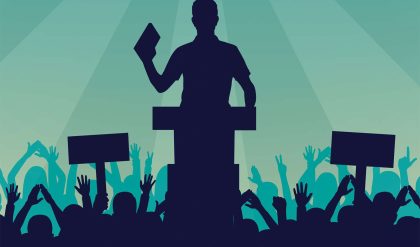
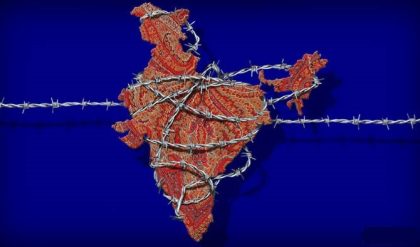
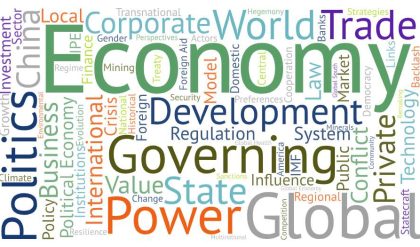
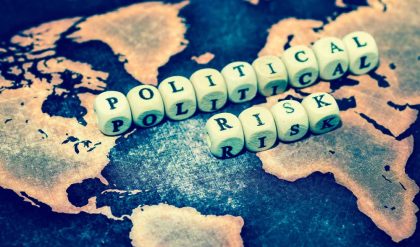
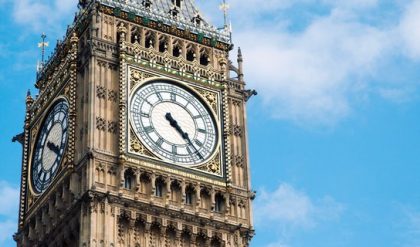
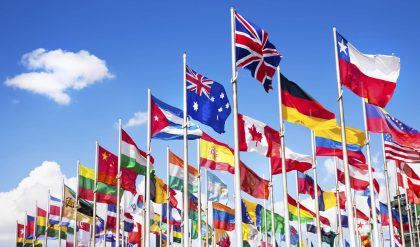
Comments are closed.